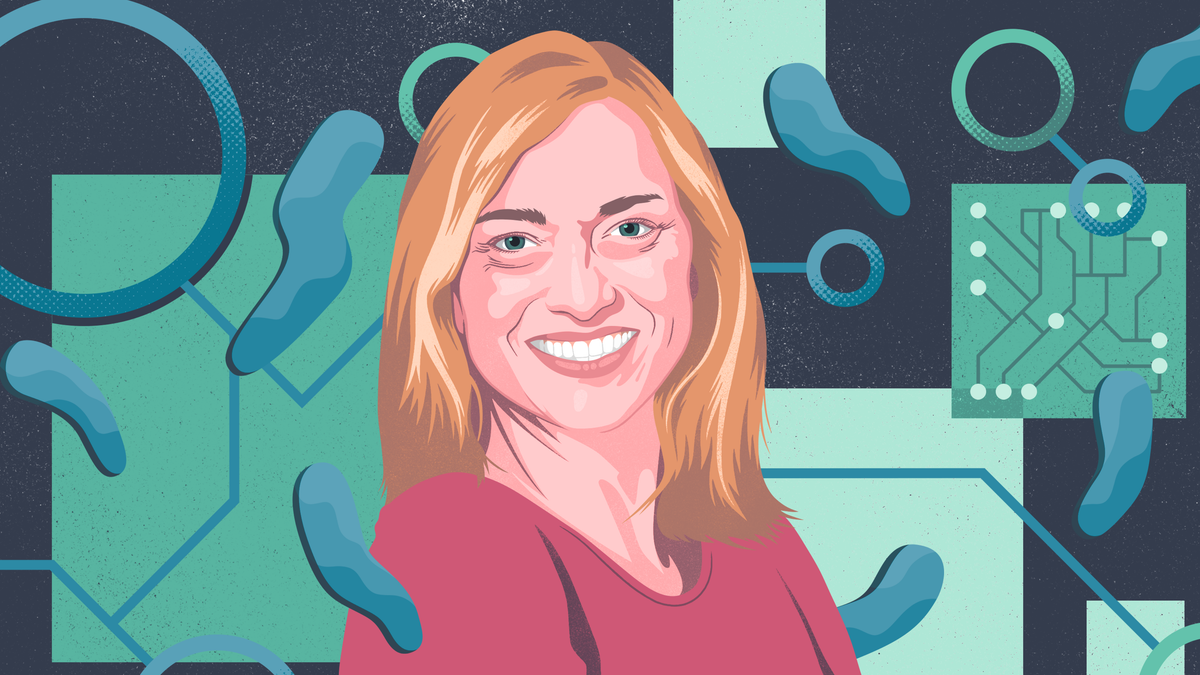
To assess the health of a fetus, sonographers and prenatal clinicians sift through a sprawl of critical care information. A single ultrasound generates hundreds of indicators to examine. Should one detail be missed, the very course of a baby’s life—or that of its parent—could be altered forever.
Now a Paris-based startup is developing technology to support fetal ultrasound readings—thanks to image-trained artificial intelligence. At Sonio, founder and CEO Cécile Brosset Dubois is leading AI-powered software that automates ultrasound reporting, trawls images for abnormalities, and ultimately secures safer outcomes for infants and their expectant parents.
“In a world where disparities in prenatal care persist, it is crucial to address the barriers that prevent women from accessing quality healthcare during one of the most transformative periods of their lives,” Brosset Dubois, a mother of two herself, tells Quartz via email.
Brosset Dubois is betting that artificial intelligence can help hospitals and individual clinicians make more sophisticated assessments. AI-powered ultrasounds can quicken the pace at which doctors diagnose rare pathologies, along with reducing error in their reads.
One in 33 babies in the US is born with a birth defect, according to the Centers for Disease Control and Prevention—and catching those defects early is one key way to ensure the well-being of both baby and parent. Trained on a dataset of about 200,000 images, Sonio’s AI has the ability to swiftly and accurately catch fetal abnormalities. Sonio’s products are manufacturer-agnostic, or able to work with any manufacturer’s sonography equipment. Clinics don’t need to swap out any of their machinery to work with Sonio software.
Sonio has had an exciting year. After raising $14 million (€12.9 million) in Series A funding in June, the company announced in August that its software is the first of its kind to receive clearance from the US Food and Drug Administration (FDA). Products are already being used across Europe, and in India, Brazil, and Nigeria. But now, fueled by the FDA’s stamp of approval, the company is poised to enter the US market in 2024.
While a number of diseases are treatable even before birth, not all of them are identified in time to provide an infant—or its mother—proper prenatal care. Bolstered with new technology, Sonio hopes to “improve global access and quality of care for women and children through artificial and collective intelligence,” says Brosset Dubois.
This story is part of Quartz’s Innovators List 2023, a series that spotlights the people deploying bold technologies and reimagining the way we do business for good across the globe. Find the full list here.

